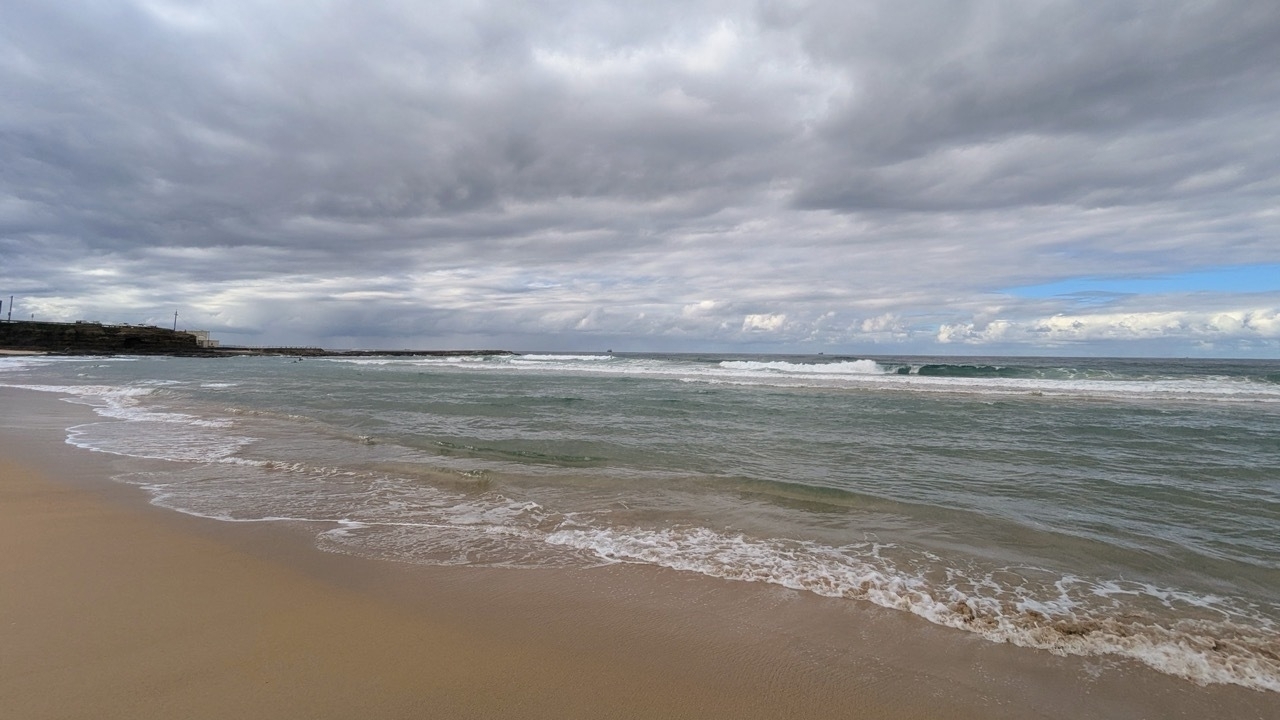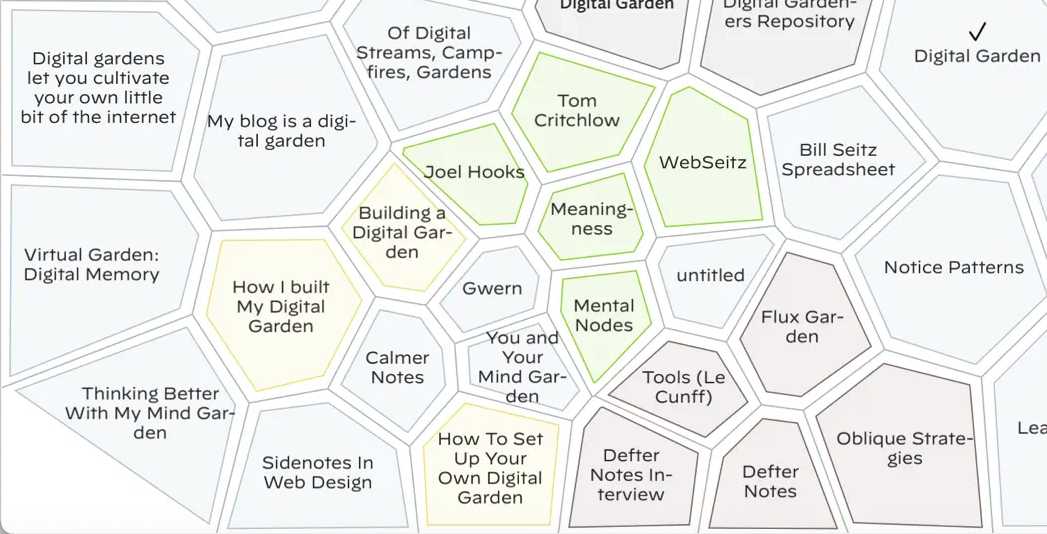Use case for the Zettelkasten
Why use a Zettelkasten? Why indeed? Geeky online legend Gwern was rather negative:
Most people simply have no need for lots of half-formed ideas, random lists of research papers, and so on. This is what people always miss about “Zettelkasten”: are you writing a book? Are you a historian or Teutonic scholar like Niklas Luhmann? Do you publish a dozen papers a year? Are you the 1% of the 1%? No? Then why do you think you need a Zettelkasten?
He argued that tools for thought don’t actually aid thought and that the obviously useful alternative is ‘systems that think for the user instead’.
Wait, what? Systems that think for the user?? I disagree with this very strongly. Sure, it’s true that as they stand, ‘tools for thought’ are no substitute for humans putting in the effort. But I don’t see that as a valid criticism.
The human effort is the part that matters. The effort of thought is actually a feature not a bug. Human thought is preferable to AI computation not because it’s more efficient (although it very often is) but because it’s more human, and humans warm to the activity of other humans.
For instance, in early 2025 a Lithuanian explorer attempted to cross the Pacific Ocean in a one-man rowing boat. He made it to within 740km of the Australian coast, when he was assailed by a cyclone and prevented from sleeping for several days straight. In extremis he finally set off his SOS beacon and the Australian navy came to rescue him, despite the 16-metre-high swells they had to brave. The adventurer only just made it out alive. Returned from the dead, back on shore and reunited with this wife in a photogenic moment he sank to his knees as she embraced him.
Now this was all very interesting, despite the fact that the very ocean water that was trying to capsize him routinely crosses vast distances with no problem. No one cares about the brine, no one feels for its plight and the media never report on its travails. Did you ever see a headline like this:
“Alone and exhausted, a desperate ocean wave makes it gratefully to shore”?
No you didn’t. That was a rhetorical question. Human interest stories work because it’s humans that we’re interested in.
 *Won't someone think of the poor wave?*
*Won't someone think of the poor wave?*
Improbably, this wasn’t the only Lithuanian paddler to survive a run-in with Australian waters in recent years. The previous year a Lithuanian kayaker slipped into some rapids on Tasmania’s Franklin River, where he was jammed between rocks and pinned down by a flow of 13 tonnes of water per second. Again, he was the subject of a daring and extreme rescue. Meanwhile, no one thought twice about how the water felt.
And no one cares either when it’s AI that’s supposedly doing the ‘thinking’. It’s inanimate. But they do care quite a lot about a solitary Lithuanian in mortal danger. And so on.
 I’ve never visited the Franklin River, which this photograph I took in New Zealand clearly illustrates.
I’ve never visited the Franklin River, which this photograph I took in New Zealand clearly illustrates.
Getting back on track, the thought that goes into making notes matters, quite simply because thought just does matter. Conversely, when ‘systems think for the user’, well, whatever that is, it’s not thought.
But beyond this, I can’t help wondering why we need to justify at all a practice so basic as simply making notes and linking them. My half-formed thoughts might not be as good as Gwern’s (OK, they definitely aren’t), but at least they’re my half-formed thoughts.
In a co-authored conference paper, Mark Bernstein, creator of the Tinderbox app, makes what ought to be an obvious point:
“It may frequently be the case that we ourselves do not know the ultimate uses of our notes, yet still find note-taking rewarding.” - Bernstein et al., 2025, Back to the Information City
Reflecting on Gwern’s dismissal of the Zettelkasten approach, I’m reminded of self-help guru Oliver Burkeman, who had a different criticism to offer. He said he had tried a Zettelkasten but found it too organised. That got me wondering, how much mess is just enough?
For what it’s worth, I’ve found the Zettelkasten approach very practical and quite productive, despite my not being particularly organised. Here’s a book it helped me write and publish: Shu Ha Ri: The Japanese Way of Learning, for Artists and Fighters.
And of course, my Zettelkasten is helping me to carry on Writing Slowly. You can follow the frenetic action with the weekly digest - a blog magically transformed into an email. Amazing!
See also: From tiny drops of writing great rivers will flow.
Reference:
Bernstein, Mark, Silas Hooper, and Mark Anderson. ‘Back to the Information City’. Paper presented at HT 2025: 36th ACM Conference on Hypertext and Social Media, September 15–18, 2025, Chicago, IL, USA. 2025. Preprint PDF.
#Zettelkasten #PKMS #notetaking #toolsforthought #Lithuanian #HT2025
